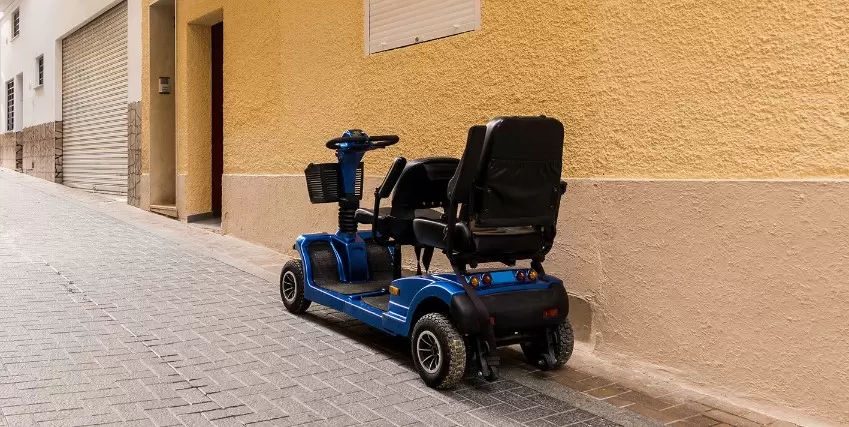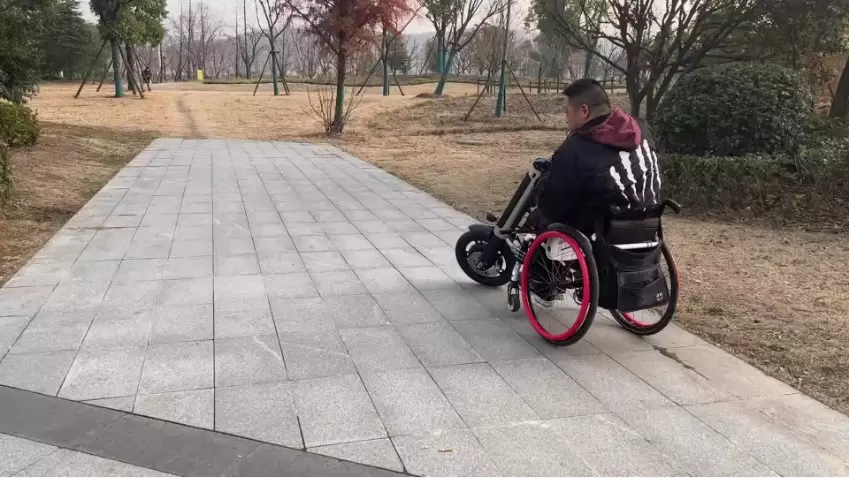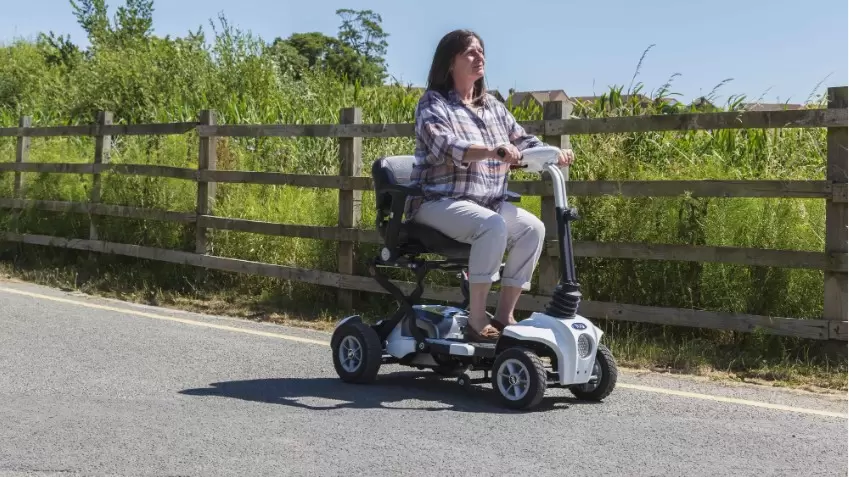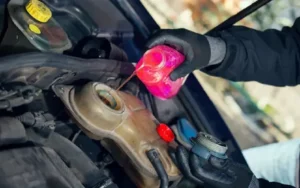Will Your State’s Medicaid Program Pay for a Mobility Scooter?
for many human beings with disabilities ,pay for a mobility scooter should make a huge distinction in gaining independence and an incredible existence.
This is in which Medicaid, the authorities scientific medical insurance software for low profits people, also can doubtlessly step in to help.
Each country’s Medicaid program determines coverage of mobility gadgets in my opinion based on medical necessity.
permit’s take a deeper study of the eligibility requirements, software process, and options in case you are denied insurance.
Qualifying Medical Conditions for Mobility Equipment through Medicaid:
- Medicaid evaluates requests for steeply priced aids like mobility scooters by first figuring out when you have a qualifying clinical circumstance that affects your mobility. A extensive variety of diagnoses are considered, along with.
- Arthritis: A state of affairs like rheumatoid arthritis that causes painful joints may additionally make even short walks agonizing in keeping with the CDC, over fifty four million American adults were recognized with arthritis as of 2019.
- Lung illnesses: ailments alongside COPD (chronic obstructive pulmonary disease) and bronchial allergy reactions surround more stress on the breathing and cardiovascular machine with any bodily exertion.
- Mobility aids help preserve power.
- coronary heart conditions: Impairments of the coronary heart like congestive coronary heart failure can also restrict one’s ability to walk because of fatigue or shortness of breath.
- Spinal cord injuries: accidents at any degree of the spinal cord can motivate partial or whole paralysis under the site of harm, notably lowering mobility.
- Neurological problems: multiple sclerosis is an autoimmune sickness that causes neurological troubles like weak spot, unusual coordination, and mobility challenges.
- Other examples are muscular dystrophy and ALS.
- Obesity: Having a high BMI does not necessarily qualify on its own, but severe or morbid obesity in combination with knee, hip or foot problems could be accepted by Medicaid.
It is important to note that simply having a diagnosis alone may not satisfy eligibility you’ll also need to demonstrate the functional limitations the condition causes regarding mobility tasks.
Documenting both medical and mobility issues provides compelling evidence for medical necessity.

Detailing Mobility Impairments for Medicaid:
To support a request for a mobility scooter, be prepared to illustrate exactly how your condition hinders specific everyday activities. Some examples of difficulties that could strengthen your case include:
- Grocery shopping independently becomes nearly impossible due to inability to walk long supermarket aisles.
- Daily chores such as laundry, cooking, and cleaning are difficult to complete safely without breaks for rest due to endurance limitations.
- Accessing public transportation like buses that require walking several blocks each way to stops is a challenge.
- Maintaining employment or continuing education demands more than your current physical functionality permits.
- Second floor doctor’s offices pose an obstacle if stairs cannot be climbed.
Providing this level of activity based examples assures Medicaid you truly lack adequate mobility to function without assistance technology. A referral letter from your treating physician corroborating daily struggle is a necessity here too.
Medicaid’s Review of Mobility Equipment Requests:
Once an application is submitted with proper medical documentation of condition and mobility impairments, here is generally what happens:
- Local Medicaid office reviews case and may request further information from doctors.
- A medical professional, such as an occupational therapist, analyzes activities of daily living and impact of limitations.
- Evaluation considers if modified duty, mobility training, or alternative equipment could meet needs before approving expensive options like scooters.
- Applicant may have in-home assessment to authenticate reported challenges in real world setting.
- Decision usually takes 4-6 weeks, provided complete records were provided for informed decision making.
Choosing an Approved Medicaid Mobility Scooter Model:
If approved, the next step is selecting a covered mobility device. Each state’s Medicaid program maintains an extensive price regulated list of pre approved equipment vendors and models. Some factors to consider include:
- Seating accommodates your dimensions, weight and postural support needs safely
- Terrain handling for indoor outdoor surfaces you’ll utilize it on regularly
- Battery range meets longest expected excursions
- Budget Medicaid authorizes lowest cost option meeting functional requirements
Request your state Medicaid office’s product listing to identify matching scooters within their reimbursement rates.

FAQ:
Q: Is a mobility scooter a medical device?
A: covered under the Medicare Part B Durable Medical Equipment (DME) benefit.
Q: Can the NHS provide mobility scooters?
A: Typically, the NHS will not provide mobility scooters.
Q: How do you get a Mutability scooter?
A: Your dealer will place the order for you.
Q: What can I use instead of a mobility scooter?
A: Power Wheelchairs.
Q: What is a medical scooter called?
A: Mobility scooters.
Conclusion:
Applying for Medicaid coverage of a costly mobility aid like a scooter can feel daunting. But by assembling thorough medical records from your doctors detailing your diagnoses, limitations, and struggles with daily activities, you provide the strongest possible case for medical necessity.
Have patience as the review process takes place. it indicates your application is being carefully considered. If approved, a scooter can truly enhance independence and quality of life.
But even if denied, alternative options may still exist through supplemental insurance, charities, or payment plans to access this life-changing technology. Remain hopeful that a solution can be found.

With over 9 years of dedicated experience in the automotive industry, I am passionate about all things automotive. My journey began with a deep curiosity for automobiles, which led me to delve deeper into their mechanics, technology and trends. My expertise spans various aspects of the automotive world, from the latest electric vehicles to classic car restoration techniques. Through my articles, I aim to share my knowledge and insights, helping readers stay informed and inspired in the fast-paced world of the automobile.











